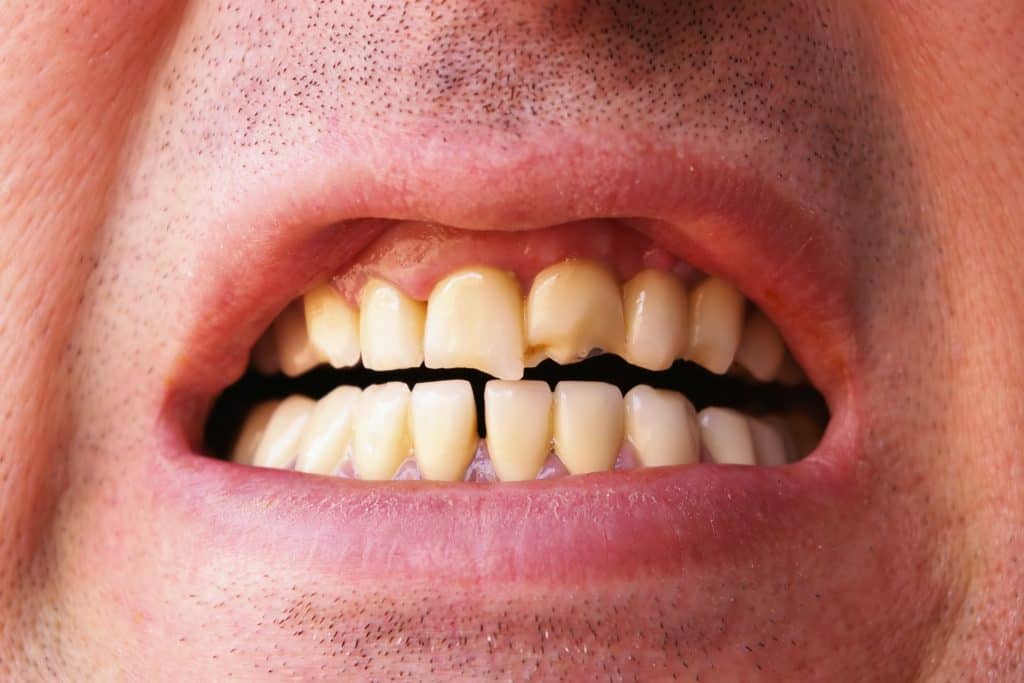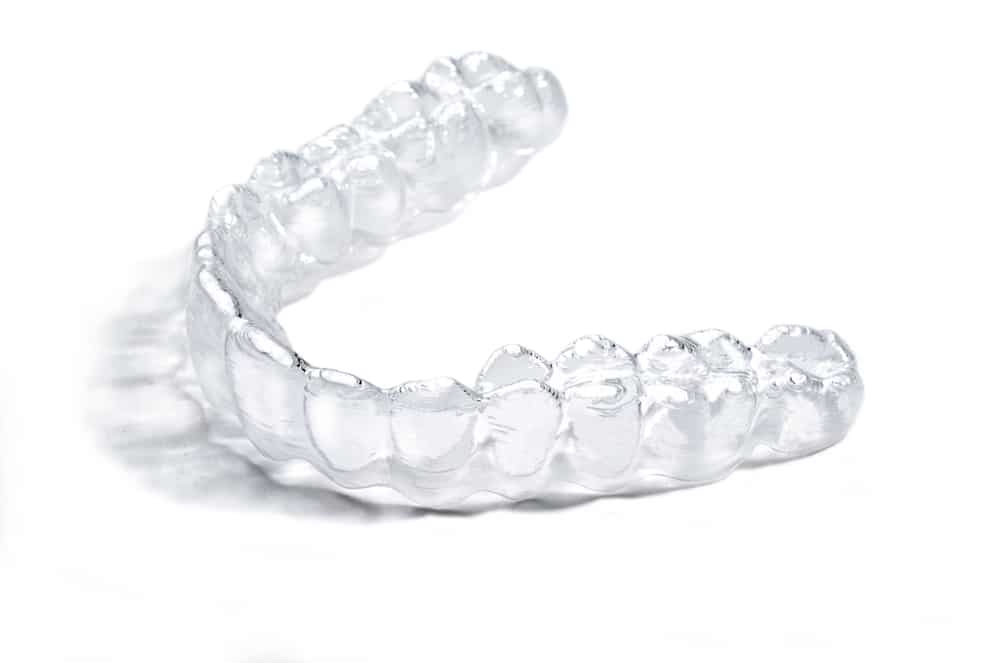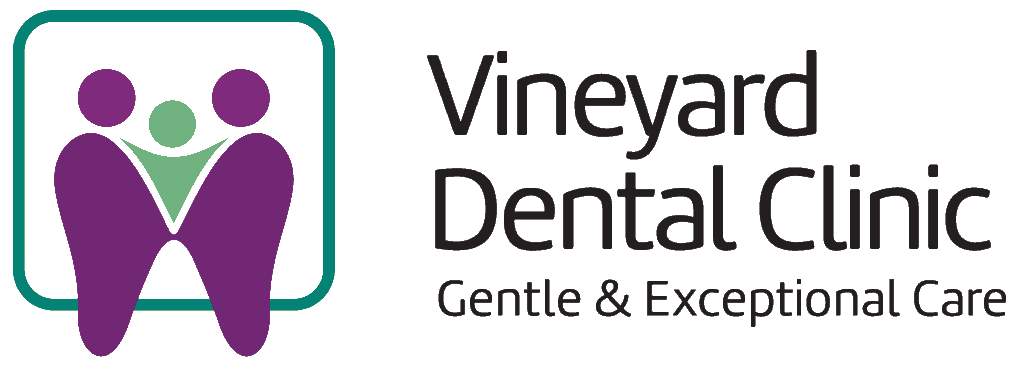Crooked teeth are actually more hazardous to your overall health than they are to just your oral health. Smiling with crooked teeth can make you feel insecure, but that’s not all. Crooked teeth can affect your health in other ways that could surprise you.
If you have crooked teeth, it is important you’re aware of adverse health problems that are caused by it. Nobody likes to have crooked teeth, particularly because of how it impacts your smiling confidence.
If you have crooked teeth and aren’t overly concerned by how your teeth look, this isn’t a bad thing, particularly because your smile isn’t impacting how you feel and look. Although, you’re potentially introducing long-term health problems from your mouth to the rest of your body that may prove expensive and time-consuming to resolve.
Here are the key reasons why you shouldn’t ignore crooked teeth:
Difficult To Clean
Food is more likely to become stuck within your teeth if the angle of your teeth isn’t straight. Even when brushing teeth at home, it’ll be difficult to remove. This can introduce plaque build-up, a trigger for the initial stages of tooth decay and gum disease. Crooked teeth also prevent the floss film from entering the small gaps in between teeth to remove debris. No matter how much you clean your mouth, you’re still at risk degrading teeth.

Creates Wear And Tear
Crowded teeth can cause your teeth to protrude, meaning your upper and lower teeth grinding together when you open and close your mouth, and particularly when you bite down on food. This can cause natural wear and tear on your teeth and alter the position of your teeth. This friction can leave your teeth with small fractures and cause them to break. This is formally known as teeth grinding, or Bruxism, which can also occur during sleep. Explore these benefits to avoid wear-and-tear by purchasing a dental mouthguard.
TMJ Disorder
With several crooked teeth, this can impact how you chew and is likely to introduce stiffness in your jaw. When this happens, your temporomandibular joints (TMJ disorder) are under strain causing them to become misaligned. A misaligned jaw can contribute to problems with eating, sleeping, talking and general movement.
Bad Breath
Crooked teeth harbour bacteria due to the difficulty of removing surface stains and food debris in between teeth. This means you’re likely to end up with bad breath. The bacteria build-up can be difficult to reduce unless your crooked teeth and straightened accordingly. You may attempt to use mouthwash to keep breath fresh, but this doesn’t halt the build up of bacteria.
Psychological Impacts
Some people’s confidence and self-esteem can become severely damaged by they feel about their teeth. A straight smile has proven to create a great first impression on the public. Smiling with straight and shiny teeth can also enhance the quality of life and improve mental health. Without nice teeth, not only will you miss out on this, but you’ll naturally smile less and continue to feel stressed about it. Psychologically, the negative impacts about how your teeth look will be quite high. You can turn to cosmetic treatments to reduce these impacts by resolving misalignment of your teeth.

Now that you’re aware of the health problems caused by crooked teeth, you’re more likely to consider cosmetic dentistry treatment to get your teeth straightened at the dentist, such as Invisalign or traditional braces. If you’re not overly concerned by the look and feel of your teeth and are able to get by without feeling low in self-confidence, you’re ignoring the health hazards. Save your smile by consulting a dentist to reduce the chances of future health problems.
At Vineyard Dental, we are motivated to transform your confidence in your smile and deliver the shade in your teeth that you’re looking for. Contact us for an appointment today.

